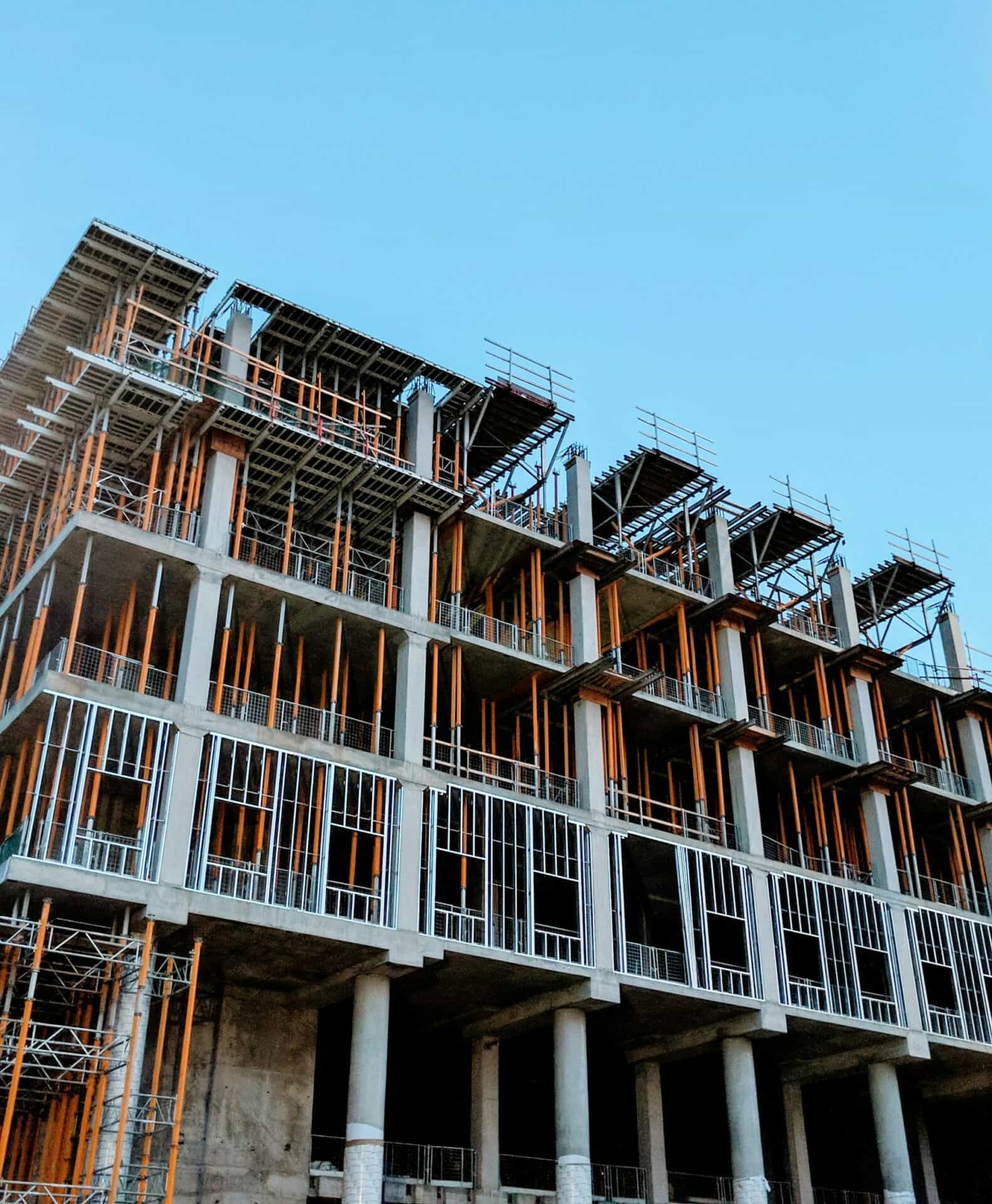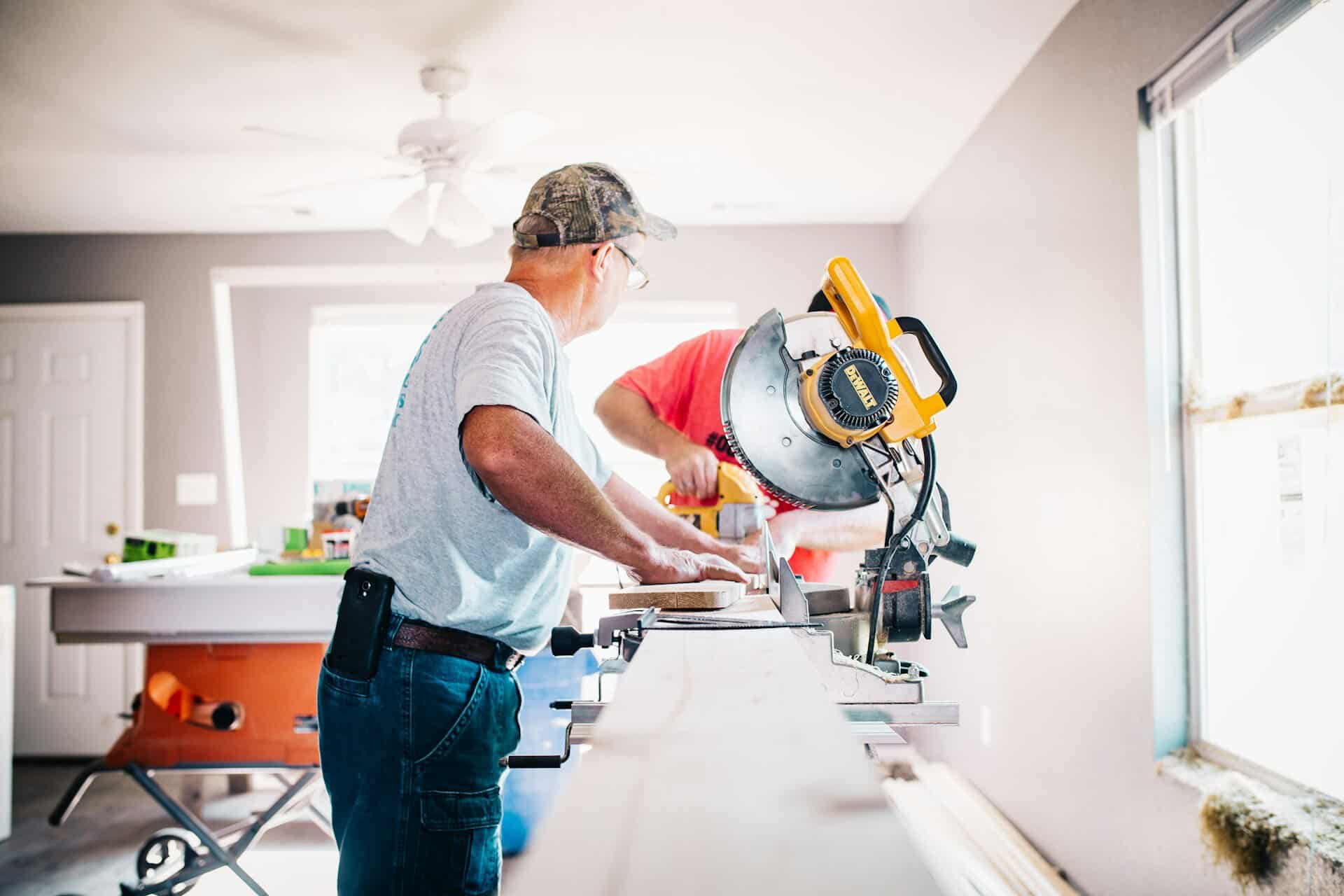The pursuit of owning property has long been a part of the great Australian dream, and for many, investing in multiple properties is seen as a surefire way to build generational wealth. However, it’s important to remember that investing in property, like any investment, comes with inherent risks.
Savvy investors must consider these risks and develop strategies to minimise them to maximise their potential for success.
In this blog, we’ll explore the risks of investing in property and provide insights and tips to help you make informed investment decisions.
1. Lack of Liquidity
Property investments can be difficult to sell quickly depending on market conditions, posing a challenge when you need to access your funds in a hurry. Unlike stocks and bonds, real estate transactions can take months to complete, so you may need more time to access your money.
You need to understand that property investment is a long-term game. Unless your investment strategy involves buying an old property, fixing it up and then reselling it, most of the time, you’re buying to hold the property so that you can allow equity to accumulate.
If you play your cards right and do sufficient research, you could find a positively geared property that can help you generate some cash flow from your property. The best way to counteract this risk is to have a diversified investment portfolio that includes assets with greater liquidity, such as stocks and bonds.
2. A Vacant Investment Property
One of the biggest risks of investing in property is having a vacancy in your rental property.
When a tenant moves out, and the property is left unoccupied, you won’t generate any rental income, which can eat into your profits and strain your finances. Ensuring you’ve done your due diligence when finding the right investment property is crucial to mitigate this risk.
For example, one thing you must do before buying a property is check the vacancy rates in the areas you want to buy. If they have high vacancy rates, there is a big chance you will experience a vacant property.
Another way to reduce the risk of having an empty property is to have a strong and well-established network of real estate agents and property managers who can help you find new tenants quickly and minimise the time your property is left vacant.
3. Damage to the Property
Property investments can be vulnerable to damages caused by natural disasters, wear and tear, and other unforeseen events. These damages can be expensive to repair, and having adequate insurance coverage is essential to protect your investment. Hiring a property manager to perform regular inspections and maintenance can also help identify potential problems before they escalate.
4. Over-Leveraging Investment Properties
Borrowing too much to finance your property investment can result in more debt than you can handle, jeopardising your finances.
So you must consider your borrowing capacity, plan for potential interest rate hikes, and maintain a healthy cash reserve for unexpected expenses. Consulting with a financial advisor or mortgage broker can also help you find a loan that aligns with your investment goals and risk tolerance.
5. Interest Rate Hikes
On that note, interest rate hikes are among the risks of investing in property.
The Reserve Bank of Australia (RBA) has recently raised the cash rate by another 25 basis points, marking the ninth consecutive interest rate hike between 2022 and 2023. This trend will likely continue until inflationary pressures reduce, meaning that the cost of borrowing could continue to increase.
Higher interest rates could lead to higher monthly mortgage payments and increased financial stress for property investors who have taken out mortgages to finance their real estate investments. Therefore, investors must factor in the possibility of interest rate hikes when making investment decisions and budget for the additional costs that may arise.
Examples include increasing your rental income, adjusting your spending habits, or seeking alternative sources of financing.
You might be interested in reading Will Australia’s Interest Rates Go Up Again?
6. Overcapitalisating Your Property Investment
Property investors can face the risk of overcapitalising, meaning they spend more money on renovations or upgrades than the increased property value can justify. In turn, this can result in lower returns on investment and reduced profitability.
To avoid this, you should carefully research the local real estate market and clearly understand what renovations will add value to the property.
7. Bad Tenants
Another of the biggest risks of investing in property is the potential of having bad tenants. Poorly screened tenants can result in rent arrears, damage to the property, and legal disputes, which can all be time-consuming and costly to manage.
As a precaution, you should have a thorough screening process in place, including background checks, credit checks, and reference verifications.
Alternatively, you can have a property agent handle this rental aspect of your investment so that you cover all your bases and ensure that all the necessary checks are completed for your new tenant.

8. Market Risk
Market fluctuations is the final one on our list of risks of investing in property, which can result in changes in property values and rental yields.
Economic conditions, supply and demand dynamics, and other external factors can impact the property market, so you should conduct thorough research and clearly understand the local market conditions before investing and through ownership.
Additionally, you must be aware of the potential for market risk when making investment decisions and have a strategy in place for managing it. These options include diversifying your portfolio, investing in different property types or locations, or considering alternative investment options.
Key Takeaways
Property can be a great way to generate wealth, but there are several risks of investing in property. From the lack of liquidity and interest rate hikes to the risk of overcapitalisation, bad tenants, and market fluctuations, there are a variety of factors that can impact the success of a property investment.
However, if you’re aware of the risks of investing and take steps to minimise them, you can increase your chances of success. You just need to conduct thorough research, understand the local real estate market, and have a clear strategy for managing the risks of investing in property.
One other thing to consider is that – it’s not all risk!
Many positives come with being a property investor. For example, the Australian Tax Office (ATO) gives you access to a range of tax deductions that you can claim to further your chance of a better return on investment.
At Duo Tax, we specialise in helping investors with property depreciation schedules to maximise their depreciation tax deductions and boost their cash flow. If you would like to find out more about depreciation and if your property qualifies, contact us today.

Ready to get started?
Talk to one of our friendly property experts to get a free quote or more Information.










